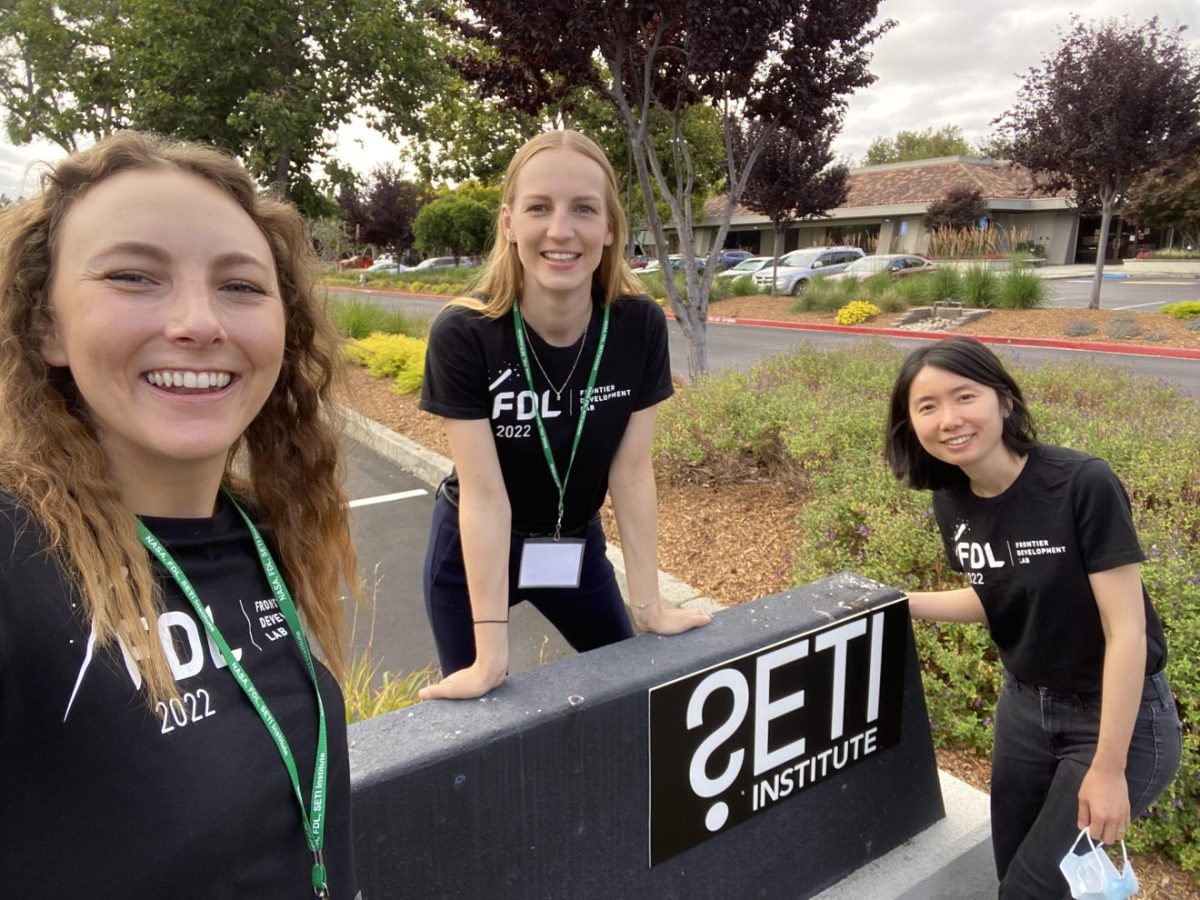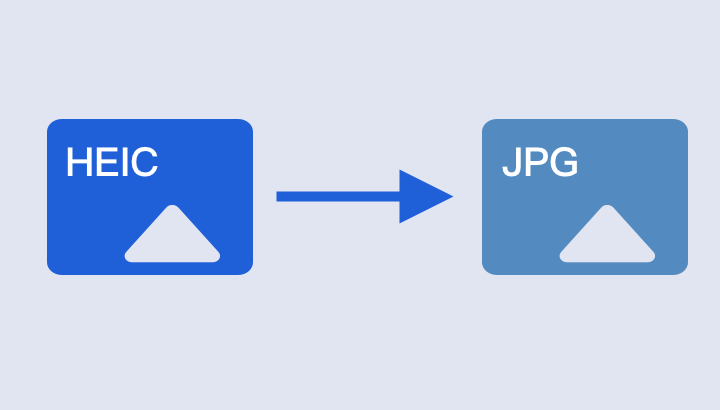Candidate of space sciences student Megan Mark has been selected to participate in the prestigious Frontier Development Lab 2022 Challenge this summer.
The 8-day event at the SETI Institute in Mountain Valley, California, brings together the best graduate students from around the world to solve various problems using, to some extent, artificial intelligence (AI). Frontier Development Lab (FDL) is a public-private partnership between NASA, the US Department of Energy, the SETI Institute, Trillium Technologies, and leaders in commercial artificial intelligence, space exploration, and Earth science.
Mark, who also has a master’s degree in space systems from the Florida Institute of Technology, was on the Science Mission Directorate (SMD) team to discover the knowledge graph. Members were tasked with exploring this question: Can we use natural language processing (NLP) to develop more effective discoveries by embedding modern language models with “scientific expertise” to suggest potentially useful connections for researchers?
The results?
The team developed a base layer for a multi-domain knowledge graph that can be used to connect information, datasets, and more. Various methods and approaches have been applied, including word matching, semantic similarity, cosine similarity, and topic modeling. The baseline can be integrated into a wide range of sciences to better discover data and knowledge, Mark said, and it can provide opportunities for researchers to make new discoveries and to more efficiently search for relevant data sets or information.
“Meghan was a great leader on her team and she did a fantastic job,” he said Hamid Rasool, Mark’s Ph.D. adviser and professor emeritus of physics and space sciences. “This is a wonderful educational opportunity and I hope to see more Florida Tech students consider the application.”
Mark agreed.
“The FDL experience was extraordinary, to say the least. Even though I was new to artificial intelligence and natural language processing, the program, the participants, and my team welcomed me with kindness and understanding that we were all there to learn and create something that hadn’t been done before.” — she said. said.
It’s not a vacation in sunny California, she said.
“We only had eight weeks to complete the task to help solve a problem that is an ongoing problem for humanity. It was exhausting and exhausting, but because of it I made wonderful friends from all over the world,” she said. “I think that’s the best part of it. Not only did I walk away with new knowledge about how to use and apply artificial intelligence, but I also made lifelong friends from different academic walks of the world who I would never have met otherwise.”
Mark’s team included Rulien Zimmer, Ph.D. candidate at the University of New South Wales in Sydney, Feh Schen Hoo, a graduate student at the University of Oldenburg, and Marcella Skaczynski, an associate professor at the Federal University of Technology of Puerto Rico.
The team was mentored by Anamaria Beria, Ph.D., assistant professor at George Mason University, and Greg Renard, head of AAICO’s Artificial Intelligence Division.
The Demo record 2022 includes a discussion of projects implemented at the FDL Challenge 2022.
After her success in California, Mark will head north in December present the final work of their FDL team at the Fall Meeting of the American Geophysical Union in Chicago. Considered one of the world’s most influential events dedicated to the advancement of Earth and space sciences, the AGU Fall Meeting will bring together more than 25,000 participants from more than 100 countries.






